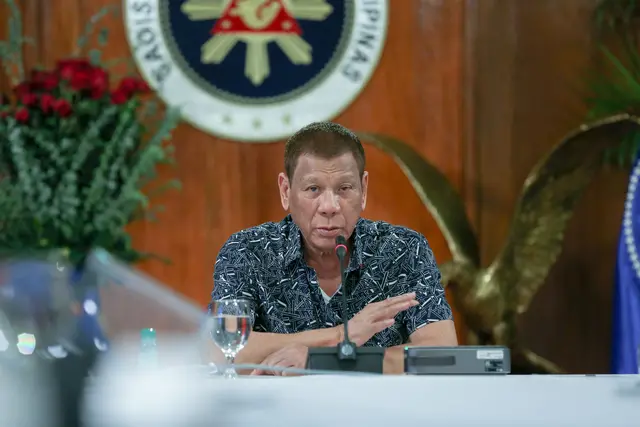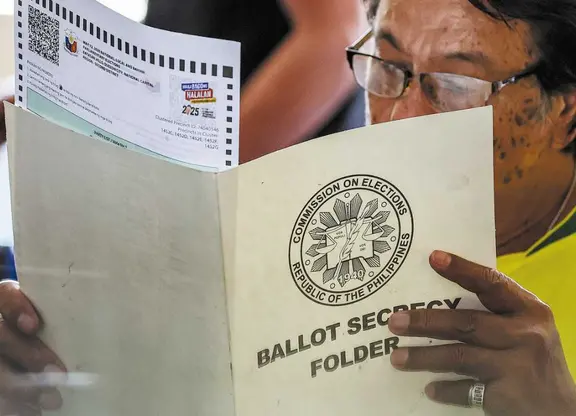By APD writer Melo M. Acuña
**MANILA ** – President Rodrigo Duterte signed into law Republic Act No. 11479 known as the Anti-Terrorism Act of 2020 last Friday.
Presidential Spokesperson Secretary Roque said in a statement released a few minutes ago that “the President, together with his Legal Team, took time to study this piece of legislation weighing the concerns of different stakeholders.
“Terrorism, as we often said, strikes anytime and anywhere. It is a crime against the people and humanity; thus, the fight against terrorism requires a comprehensive approach to contain the terrorist threat,” Secretary Roque said.
He added the signing of what has been considered controversial measure by different groups, “demonstrates our serious commitment to stamp out terrorism, which has long plagued the country and has caused unimaginable grief and horror to many of our people.”
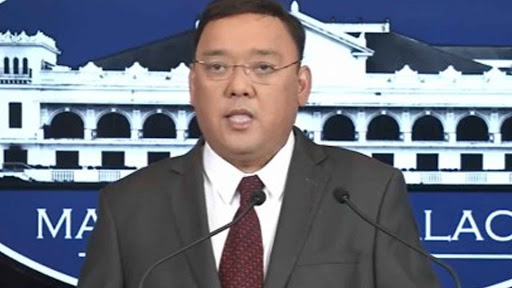
He called on the people to defeat terrorism and make communities safe and secure under the rule of law.
Earlier, media outlets in Manila received information from the Bangsamoro Autonomous Region in Muslim Mindanao which said the Bangsamoro Transition Authority Parliament suspended its session yesterday by adopting Proposed Resolution 239 appealing to President Rodrigo Duterte to veto the Anti-Terrorism Bill for legislative review and curative amendments to address the issues of the vagueness of terms among others before the bill lapses into law.
Presidential Spokesperson Roque said the concern from the Bangsamoro leaders has reached the Office of the President.
“We consider the concern that the bill would lead to abuse especially to our Muslim brothers and sisters, unfounded. They may have prejudged the proposed law,” he said. He added the legislation is against terrorists and terrorism and not against particular regional or ethnic group.
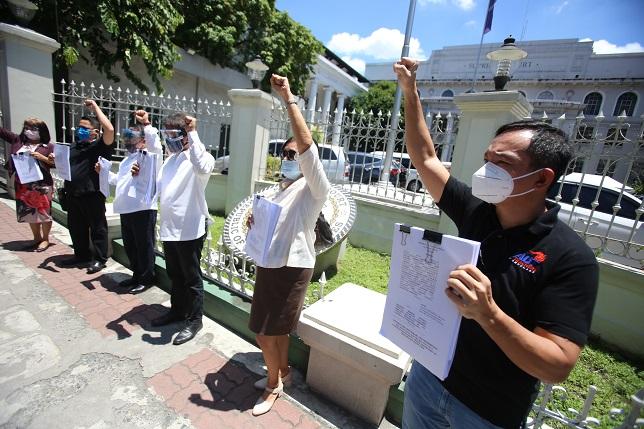
Meanwhile, National Union of People’s Lawyers (NUPL) President Edre Olalia said “It ain’t over yet.”
In a statement sent to media outlets, Atty. Olalia said they will not cease to exhaust any and all legitimate steps and platforms to challenge this draconian law.
“This, without doubt, is the most unpopular and perilous piece of legislation that could ever be pushed by a government that is fixated with the potion of power,” he said. He further described this day as a “day of infamy” but expressed optimism “the government will always bend and retreat eventually when the people push back hard enough.”
The NUPL is expected to file a petition before the Supreme Court of the Philippines questioning the constitutionality of the Anti-Terrorism Law within the next few days.
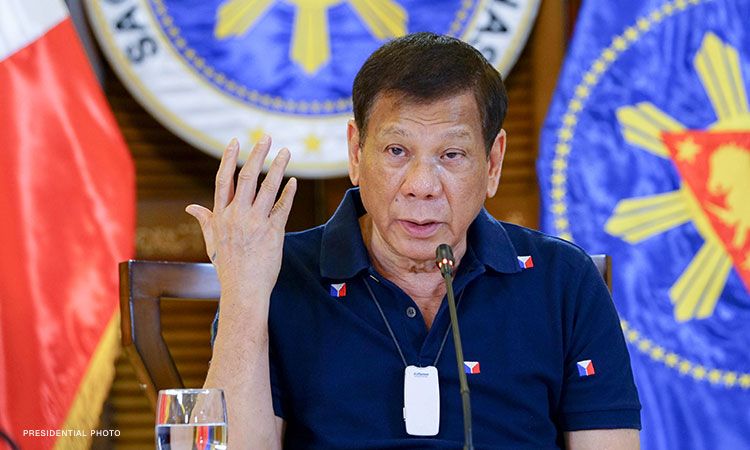
Asked further what specific provisions of the 1987 Constitution did the new law violate, Atty. Matula said the Anti-Terrorism Law for presidential action is “seductive” because administrative detention of 14 days which may be extended for another 10 days on mere suspicion or for the sole purpose of intelligence gathering at the instance of the soon-to-be-created Anti-Terrorism Council (ATC) cannot be justified.
Section 29 of the new Law says Detention without judicial warrant of arrest is prone to abuse because any law enforcement agent or military personnel who have been authorized in writing by the Council “has taken custody of a person suspected” of committing any of the acts defined and penalized under several sections of the Law shall, without any criminal liability for delay in the delivery of detained persons to then proper judicial authorities.
“Such a proposal under Section 29 of the bill which has been signed into law by President Duterte id clearly a bold attack against Section 2 of the Bill of Rights (Article III of the 1987 Constitution. This is also a clear and present danger to our individual liberty,” Matula said. As such, an attack on the fundamental law is null and always void no matter how the authors would justify it because only a judge can issue an arrest warrant and no administrative body can do that under the present Constitution per earlier Supreme Court decision.
Even the 14 days administrative detention is contrary to the 1987 Constitution because even during the suspension of the privilege of the writ of habeas corpus, a person arrested without a warrant shall be charged before the courts within three days otherwise he shall be released.
Congressman Edcel C. Lagman, one of the early individuals who filed a case with the Supreme Court of the Philippines hoping for a ruling declaring the Anti-Terrorism law unconstitutional said he hopes the justices will uphold the Constitution.
He said he is not against the suppression of terrorism but said their protest against the law is the use of “fear of terrorism as a subterfuge to curtail civil liberties” which include free speech, right to dissent, freedom from arrest without judicial warrant, privacy of communication, security of property from unreasonable searches and seizures, and freedom of association which cannot be curtailed without judicial process.
He added the people’s basic freedoms should not be sacrificed to promote national security. Congressman Lagman explained it is expected for the government to promote national security and protect basic rights as they do not run counter with each other but rather “mutually reinforcing.”
One of the biggest business groups in the Philippines, the Makati Business Club, called on President Rodrigo Duterte to veto the controversial measure. In a statement released last Thursday, July 2, the group said they are one with the proponents in its desire to fight terrorism.
“However, more through discussion is needed to get broad support for the law as important as this, and to strengthen the unity the country needs to fight the bigger health and economic crisis we are all facing,” the group concluded. Among their members are schools and universities, business organizations, civil society organizations, Labor and Religious organizations.
(ASIA PACIFIC DAILY)
 简体中文
简体中文

